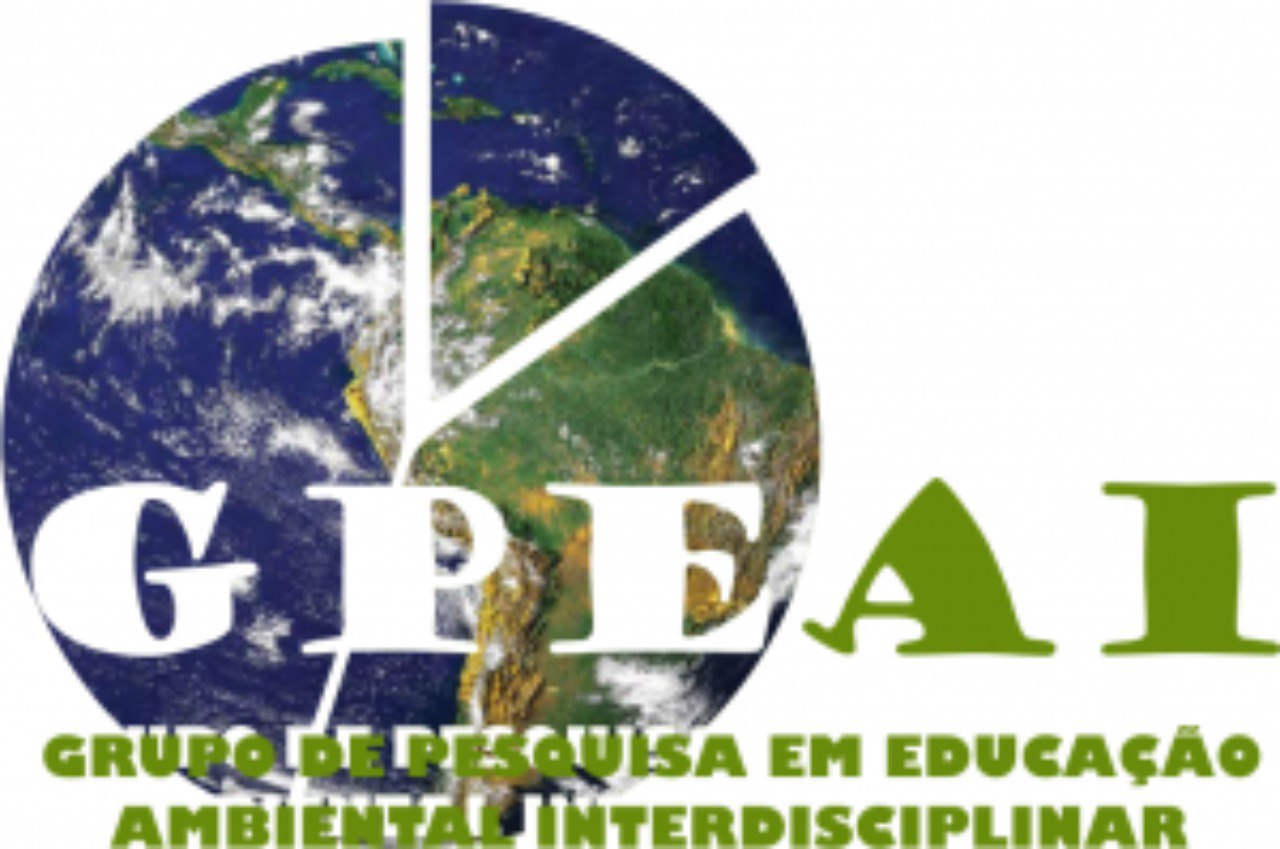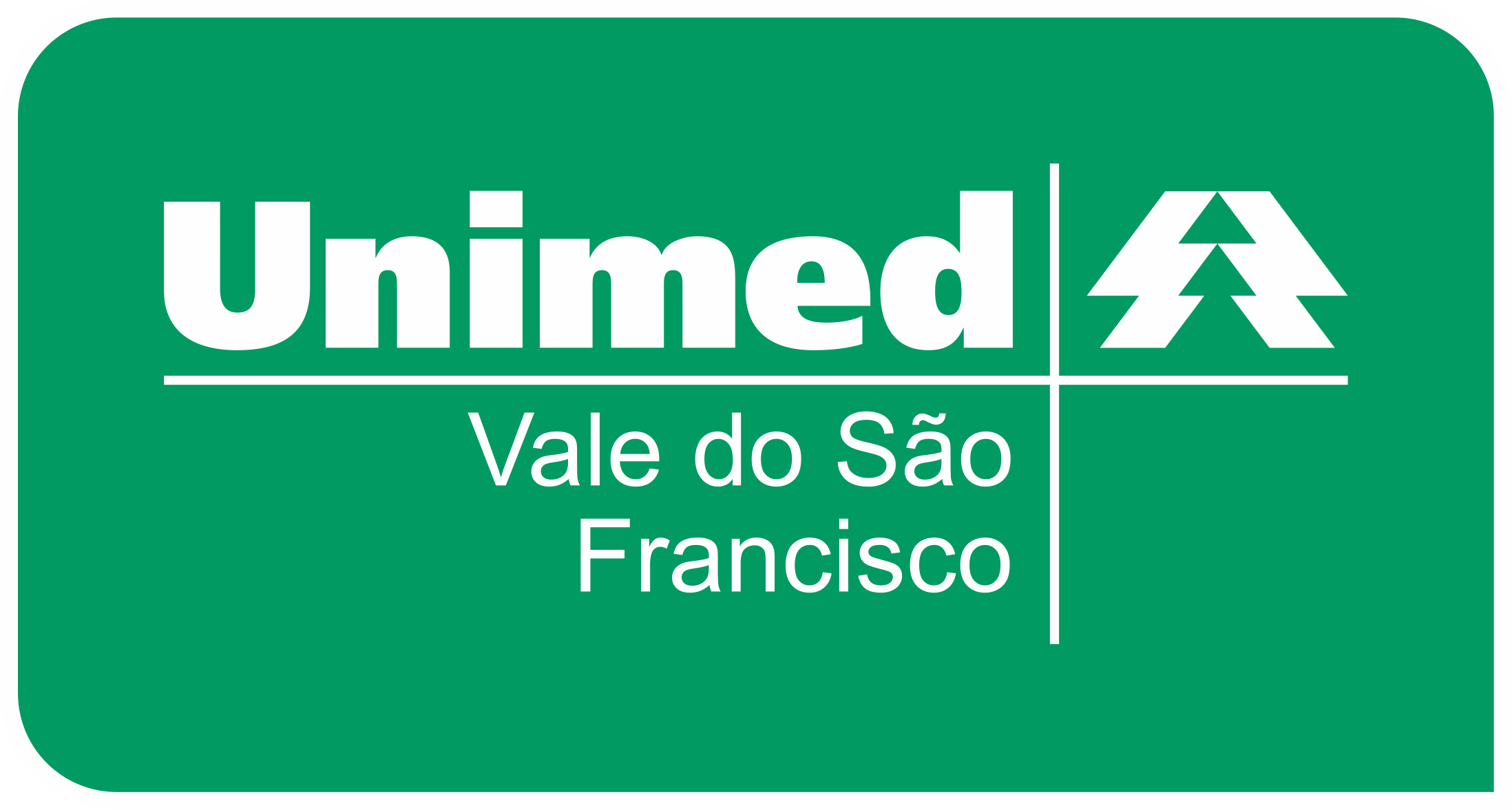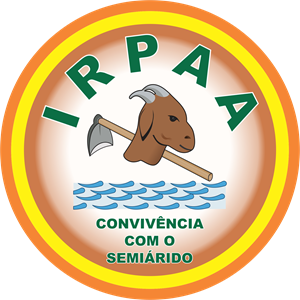Knowledge Area
REVISTA VERDE - GREEN JOURNAL KNOWLEDGE AREA: INTERDISCIPLINARY
Revista Verde - Green Journal places itself primarily in the Interdisciplinary Area, in because of the cross-cutting nature of environmental and sustainability issues; in such a way that it seeks the advancement of knowledge across borders. disciplinary, articulating concepts, theories and methods, establishing bridges between different levels of reality, perceptions, logics and forms of knowledge development.
In this sense, the interdisciplinarity that Revista Verde - Green Journal promotes is the result of dialogue between the different areas of knowledge, inducing and strengthening epistemological interactions and innovations, in knowledge and methodologies of research that address environmental and environmental sustainability.
In this way,Revista Verde - Green Journal seeks to be in tune with innovative movements and paradigm shifts, including in the field of philosophy of science, integrating knowledge that may have direct repercussions in the processes of teaching, research, extension, production and consumption of knowledge, from of interdisciplinary approaches that foster environmental sustainability.
In line with the Revista Verde - Green Journal Regiment, interdisciplinary approaches may follow the following guiding axes:
I - in the area of Social Sciences: Agroecology and Family Farming, Traditional Communities and Coexistence, Ethnoscience, Landscape and Territory, Culture and Environment, Education and Environmental Epistemology, Movements Social, Environmental Public Policies, Society/Nature Relationship, Human Ecology, Tourism, Sustainability and Development;
II - in the area of Environmental Studies and Technologies: Ecology, Biodiversity and its correlates, Geoprocessing, Water Resources, Sensing Remote, Modeling applied to the Environment, New Technologies, Sustainable Alternative Technologies, Biochemistry and Environmental Sanitation, Pollution, Climate Change, Water and Water Resources Management, Precision Agriculture, Agroindustry and its derivatives;
III - in the area of Planning, Health and Environment: Conservation and Preservation of Natural and Social Heritage, Environmental Governance, Management Environmental, Environmental Indicators, Environmental Health, Pathosalutogenesis, Epidemiology, Integral health, Public and Collective Health, Food Healthy, Environmental Economics, Ecosystem Services and their processes, Planning, Urban Development and Problematic Cities, Management of Solid Waste; and
IV - Other axes, areas and themes may be defined by the Board Editorial for special editions.
For organization and classification purposes, the Revista Verde - Green Journal follows the following scale of predominance of Knowledge Areas:
1 – Interdisciplinary;
2 – Education;
3 – Exact and Earth Sciences;
4 – Human Sciences;
5 – Engineering;
6 – Health (Health Sciences);
8 – Administration;
9 – Technology; and
10 – Multidisciplinary Management and Organizations.

































